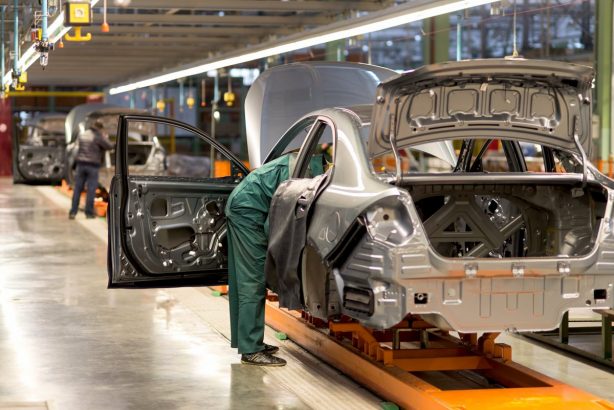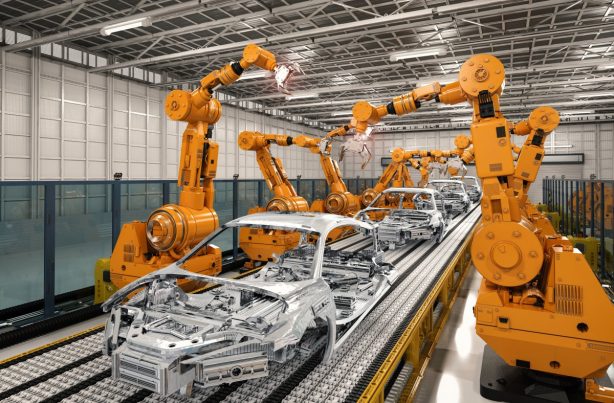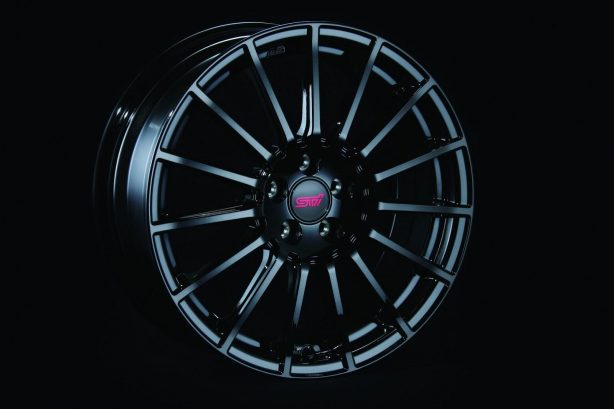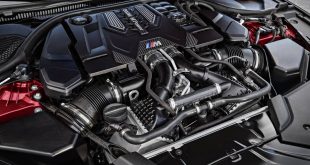Many components of automotive parts in the automobile industry today use alloys, including automotive body parts. The Ford F-series pickup truck, for example, was first released with an aluminum body, but it quickly became 70% lighter than its predecessor. Because of this, Ford made the decision to make all future vehicles have aluminum bodies only. Of course, other manufacturers followed suit.
What really makes alloys special that they’re widely used in the automotive industry? That’s what you’re going to learn in this post. Discover the answers below.
Durable
Alloys are known to be durable and strong. Some metal alloys don’t easily deform and wear out, so they may be very long-lasting. These alloys are typically used for industrial purposes because of their high quality, long-lasting performance, and durability. Some of the components of cars, like the body panels, have aluminum and steel alloys. These make them strong enough to withstand impacts and pressures.
Cost-Effective Due To Being Highly Customizable
Alloy in the automotive industry includes a broad range of materials, such as titanium, aluminum, magnesium, copper, stainless steel, cobalt, nickel, and even palladium. Alloy manufacturing is used to create various body panels, windshields, bumpers, door handles, exhaust systems, and more. These are done by using steel, brass, copper, or other metals. When a material’s properties are combined, they form a composite material that can, then, be molded into a shape before being hardened into a final product.
Because of the high costs of steel, alloy has been a cost-effective alternative. It also allows for customization through alloy steel casting, making it a very versatile material. Other materials, on the other hand, can’t be customized to fit a wide variety of applications because they can only be used for industrial purposes. However, alloy can be tailored to fit almost any application in the automobile industry.
Energy-Efficient Due To Being Lightweight
Aluminum alloy, as an established non-ferrous metal, has been widely utilized in many industrial fields. Most car parts are made of alloy, including engine and transmission components. This is because of a need for light weight, mostly due to CAFE (corporate average fuel economy) requirements, and a need for environment-friendly vehicles, partly inspired by CAFE standards. The light weight of alloy gives automobiles better performance and energy efficiency.
Highly Conductive
Other alloys used for automobile production include titanium and copper. Both of these metals are extremely strong, corrosion-resistant, and are highly conductive of electricity. This gives them the ability to conduct electricity with great ease, which is why they’re mostly used in electric vehicles and hybrid cars.
Corrosion-Resistant
It’s generally accepted that alloy in the auto industry offers better corrosion resistance than other forms of metals used in the manufacturing process. Pore distribution in C.W.N: YAG welding of stainless steel alloys used for automotive applications was also recognized as one of the best examples of corrosion resistance in the automotive industry. However, it was soon observed that the instability of the weld keyhole in C.W.N: YAG welding was the major cause of poor dispersion during welding. To overcome this problem, welding processes that use the induction-based arc to provide heat to the weld puddle have been developed.
Environment-Friendly Due To Being Highly Recyclable
Alloy in the automotive industry is very useful as it’s highly recyclable. This means that you’ll have a material that’s reusable and won’t pollute the environment by releasing toxic chemicals into the air. Many of the parts and components that you find in the automotive industry are made from this kind of material. Some examples of these products include dashboard bumpers, suspension, roll cages, engine mounts, clutch plates, clutch cables, brake pads, brake discs, clutch pedals, transmission fluid, radiator hoses, fan belts, and hoods.
In addition to recycling, polymer also benefits the environment because it doesn’t contain any harmful toxins that are created by fossil fuels, or by the vehicles they create. For these reasons, many people choose to purchase automotive products that are made from this type of material.
Conclusion
Alloys are made up of different types of metal, and they all have a number of unique properties that make them superior to other metals. They’re normally harder than steel, but they’re also stronger than aluminum and much more durable than either zinc or copper. Their malleability and toughness make them perfect for bending and molding parts with precision, and their flexibility makes it easy to cast and shape them to almost any form.
Alloys aren’t only used in the automotive industry, but they’re also being utilized in medical and aerospace industries where they’re used to create different components that aren’t possible with other materials.
To sum it all up, alloys are used extensively in the automotive industry because of their superior strength, cost-effectiveness, energy efficiency, high conductivity, corrosion resistance, and environment-friendliness. It’s essential to note, however, that although alloys can be used in almost all parts of the automobile, there are certain areas of the vehicle they’re not suitable for, such as engine mounts and radiators.
 ForceGT.com Car News, Car Reviews, Video Reviews, Tuning and much more.
ForceGT.com Car News, Car Reviews, Video Reviews, Tuning and much more. 








